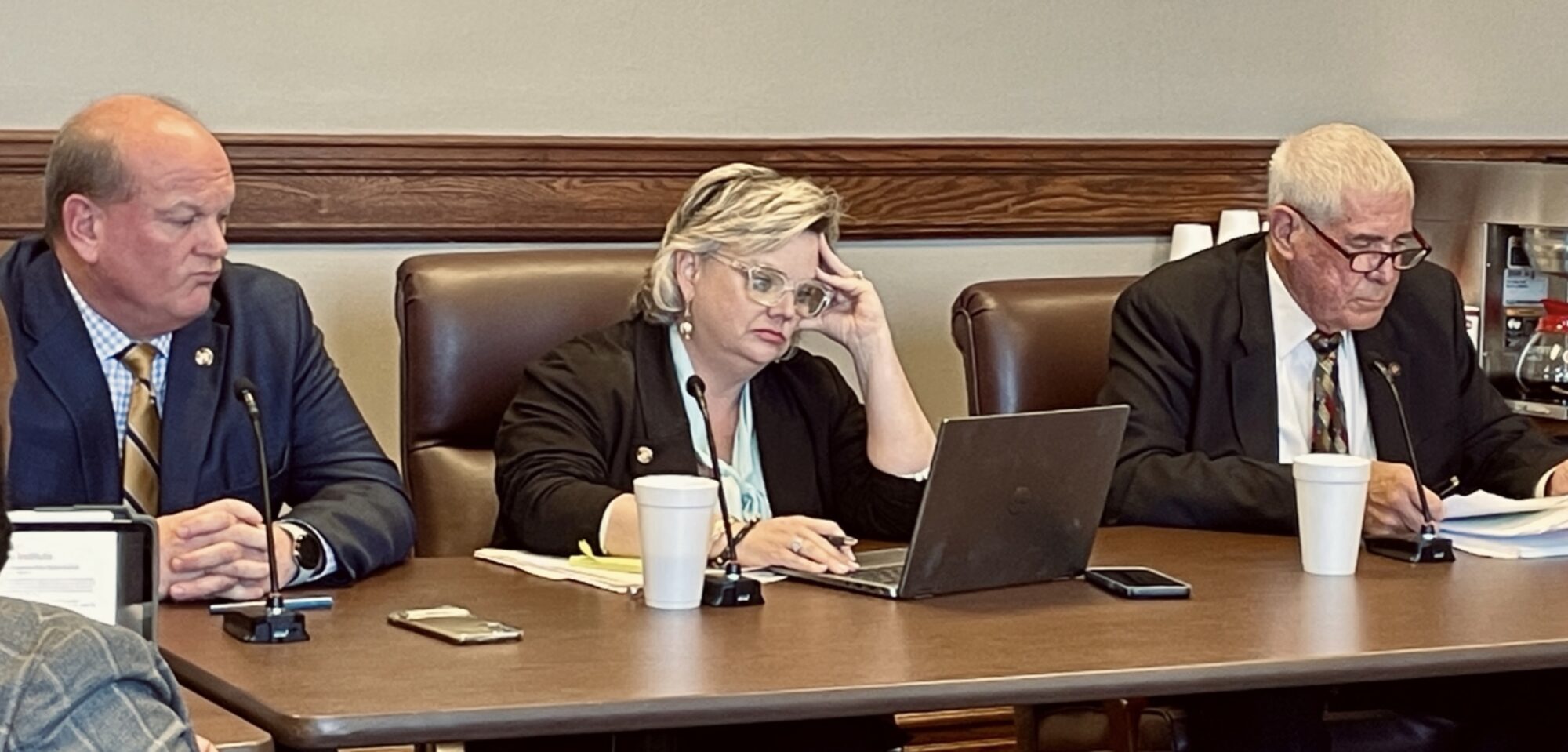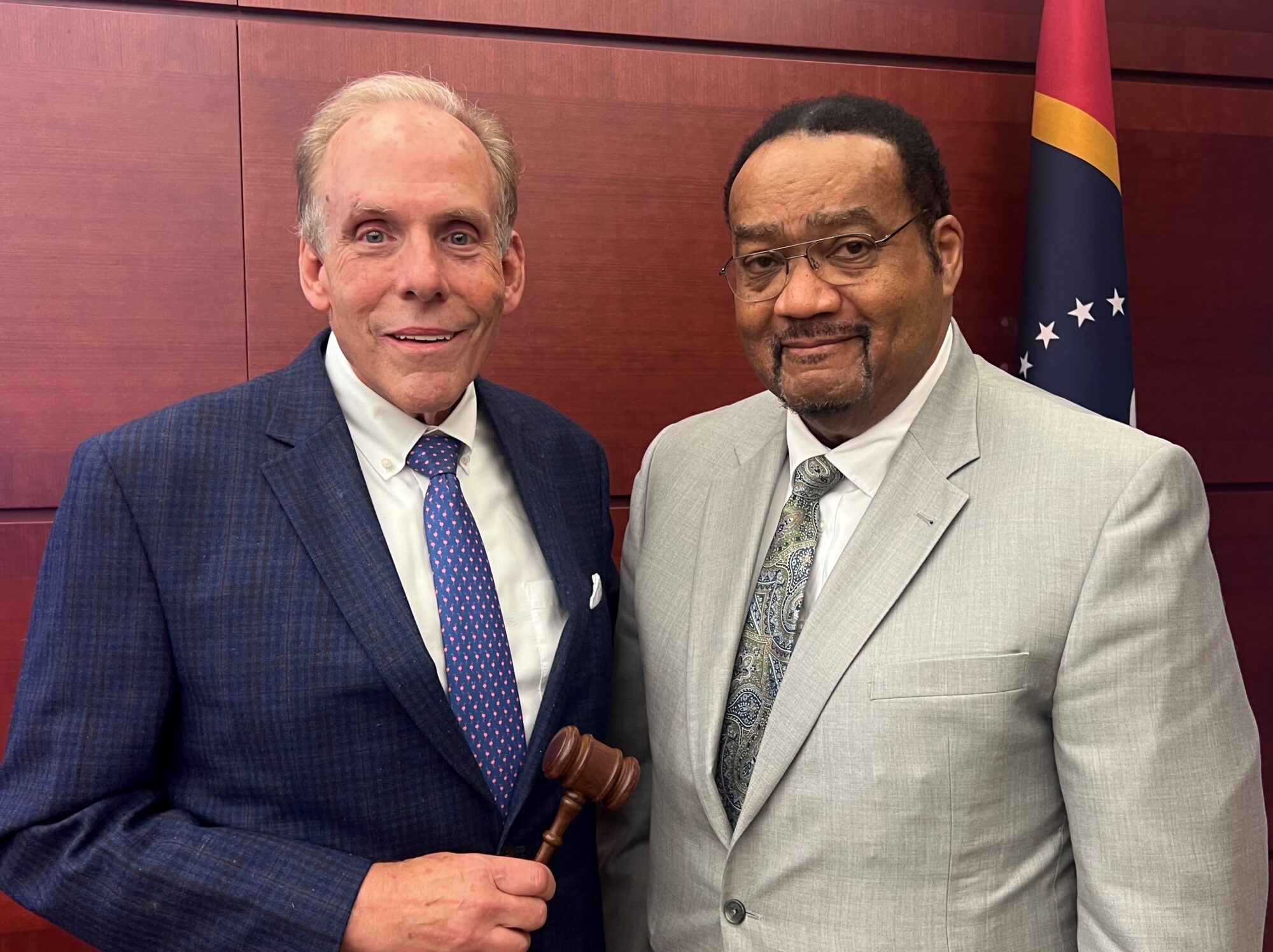RELEASE
COCHRAN SPONSORS SIX-YEAR FLOOD INSURANCE PROGRAM REAUTHORIZATION BILL
Veteran Miss. Lawmaker Helps Author Bid to Reform FEMA National Flood Insurance Program
WASHINGTON, D.C. – U.S. Senator Thad Cochran (R-Miss.) is among a bipartisan group of Senators who today introduced legislation to reform the National Flood Insurance Program (NFIP) into a system that limits rate hikes, cuts waste, improves program solvency, and invests more in flood risk mitigation.
Cochran is one of the authors of the Sustainable, Affordable, Fair, and Efficient National Flood Insurance Program Reauthorization (SAFE NFIP) Act. The measure would reauthorize the NFIP program for six years. Current authorization for this program expires Sept. 30—well into the 2017 hurricane season.
“Policyholders in Mississippi and around the country know the National Flood Insurance Program needs to be reformed. This legislation is a solid starting point to make the program more affordable and accountable,” Cochran said.
“The premium increases under the current system threaten the future of the flood insurance program. Those costs, along with administrative problems, create the potential for families and property owners, who have played by the rules, to be priced out of their homes,” he said. “I look forward to working to pass bipartisan reforms that offer better flood protection and more effective coverage for homeowners, businesses, and communities.”
The SAFE NIFP Act was written to address critical problems with the current NFIP, including financial unsustainability, low participation rates, inaccurate flood maps, an indifference to the benefits of flood control infrastructure, agency mismanagement problems, and high debt service costs.
Policyholders would benefit from provisions to limit premium cost increases, which currently rise up to 25 percent annually. It also proposes reforms to give policyholders a level playing field when appealing cases to the Federal Emergency Management Agency (FEMA), which administers the program.
Greater focus on flood control, which mitigates rebuilding costs after flood disasters, is a primary goal of the bill. To finance more reliable flood mapping and mitigation projects, the measure would temporarily freeze interest payments on NFIP debt, force management and contracting reforms, and cap premium increases as a means to increase program enrollment.
In addition to Cochran, the SAFE National Flood Insurance Reauthorization Act was developed by Senators Bob Menendez (D-N.J.), John Kennedy (R-La.), Chris Van Hollen (D-Md.), Marco Rubio (R-Fla.), Elizabeth Warren (D-Mass.), and Cory Booker (D-N.J.).
The SAFE NFIP Act would:
Reauthorize the NFIP for six years to provide more certainty for communities.
Cap annual premium increases to 10 percent for six years. Currently, premiums increase by up to 25 percent a year, which depresses property values, creates affordability challenges, and discourages participation in the program.
Exclude catastrophic loss years in the average historical loss year calculation in accordance with accepted actuarial principles. This will have the effect of not only lowering policy premiums and addressing affordability issues, but also ensuring private insurers have a realistic market to compete in and stability for the housing market.
Freeze interest payments and establish new controls for private insurance company compensation in order to reinvest in proactive mitigation efforts and affordability measures, including low-interest loans for homeowners’ mitigation projects and affordability vouchers.
Preserve “grandfathering” to provide an affordable option for policyholders to maintain coverage as the risk of flooding increases.
Provide robust funding levels for large-scale, community-wide mitigation efforts, and mitigation assistance programs, which have a 4:1 return on investment (with some projects having seen a 54:1 return) and are the most effective way to reduce flood risk.
End FEMA reliance on antiquated flood maps and authorize funding for Light Detection and Ranging (LiDAR) technology for more accurate mapping of flood risk across the country. The bill would also create a new appeals process regarding FEMA-created flood map for states, local governments, or property owners. Making appeal reimbursement an eligible expense of the NFIF would give FEMA the incentive to “get it right the first time” and repay policyholders for contributing to the body of flood risk knowledge.
Hold FEMA to strict deadlines for payments to homeowners, ban aggressive legal tactics that prevent homeowners from filing legitimate claims and end FEMA reliance on outside legal counsel from expensive for-profit entities—reforms that apply lessons learned from previous disasters.
A section-by-section summary of the SAFE NFIP Act is available here: http://bit.ly/2sfL3xr
6/15/17







